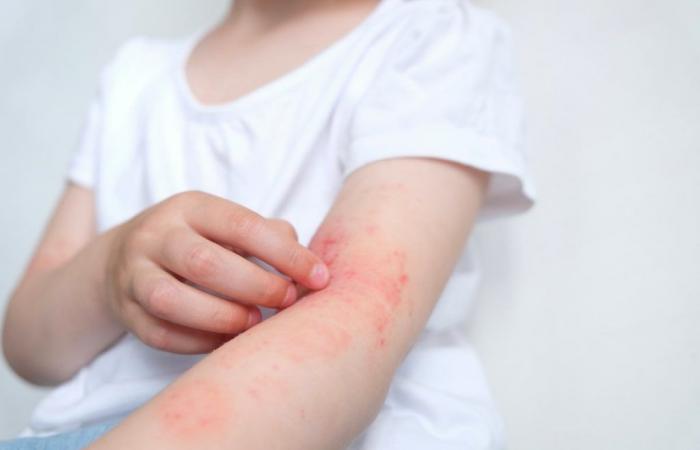Most school-age children with chronic skin diseases are stigmatized, which is associated with the occurrence of bullying and the development of depression. This is what reveals a new study carried out by researchers at Northwestern University, in the United States, and published this Wednesday, 24, in the scientific journal JAMA Dermatology.
The research was based on data obtained from more than 30 pediatric dermatology centers in the United States and Canada between November 2018 and November 2021. During the period, information from more than 1,600 children aged 8 to 17 with chronic skin diseases.
The study aimed to analyze whether these conditions brought developments beyond dermatological. The result indicated that 73% of children with chronic skin diseases, such as acne, eczema, psoriasis, alopecia areata (hair loss) and vitiligo (pigment loss), are stigmatized and often suffer bullying.
Consequently, these children have their quality of life affected and end up being at greater risk of developing mental disorders such as depression and anxiety.
For psychologist Rita Calegari, from Hospital Nove de Julho, in São Paulo, these developments make sense, since, as it is a practice characterized by intimidation or repetitive aggression, bullying tends to have deeper impacts than a one-off attack.
“Bullying makes a person feel unwanted and humiliated simply for being who they are, which can lead to self-esteem problems, anxiety disorders, depression and even suicidal thoughts”, he warns.
Another aspect highlighted by researcher Amy Paller, one of the research authors, is the loss in school performance: because they feel unwell, these children are unable to concentrate on their studies.
All of this points to the need for broader care regarding chronic skin diseases in childhood, Amy noted in a statement. According to her, “doctors need to ask children and parents about the impact of these diseases and not just observe the visible clinical manifestations”.
Tags: Skin diseases threaten emotional wellbeing children understand






